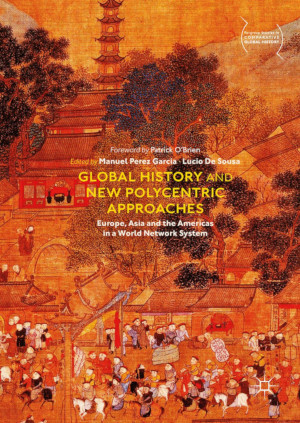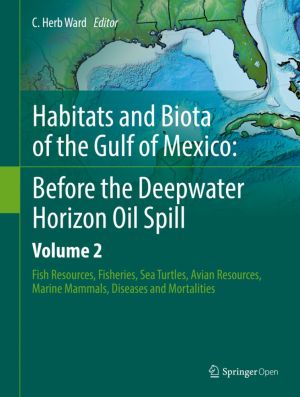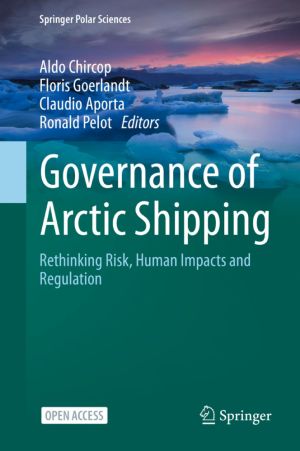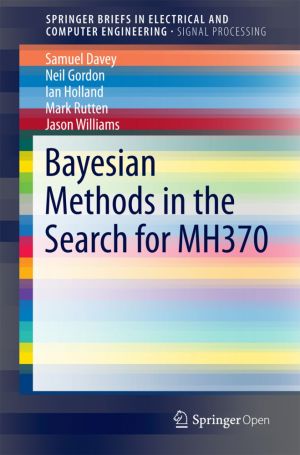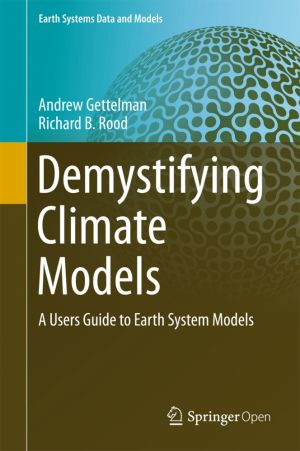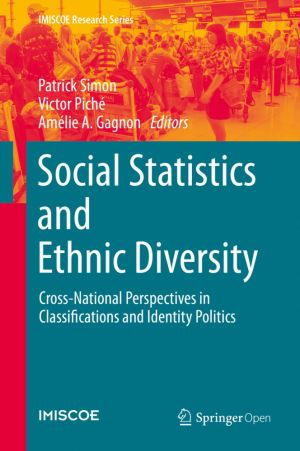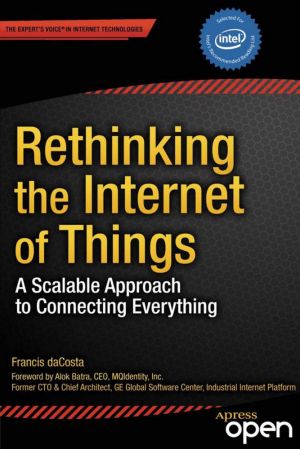OCEAN OF A PDF
found 28 books
by Manuel Perez Garcia, Lucio De Sousa
Rethinking the ways global history is envisioned and conceptualized in diverse countries such as China, Japan, Mexico or Spain, this collections considers how global issues are connected with our local and national communities. It examines how the discipline had evolved in various historiographies, from Anglo Saxon to southern European, and its eme...
by C. Herb Ward
The Gulf of Mexico is an open and dynamic marine ecosystem rich in natural resources but heavily impacted by human activities, including agricultural, industrial, commercial and coastal development. Nutrients and pollutants from coastal communities and dozens of rivers flow into the Gulf, including material from the Mississippi River watershed, whi...
by Jack Middelburg
This book discusses biogeochemical processes relevant to carbon and aims to provide readers, graduate students and researchers, with insight into the functioning of marine ecosystems. A carbon centric approach has been adopted, but other elements are included where relevant or needed. The book focuses on concepts and quantitative understanding of p...
by Aldo Chircop, Floris Goerlandt, Claudio Aporta, Ronald Pelot
This open book is a result of the Dalhousie-led research project Safe Navigation and Environment Protection, supported by a grant from the Ocean Frontier Institute's the Canada First Research Excellent Fund (CFREF). The book focuses on Arctic shipping and investigates how ocean change and anthropogenic impacts affect our understanding of risk,...
by Sam Davey, Neil Gordon, Ian Holland, Mark Rutten, Jason Williams
This book demonstrates how nonlinear/non-Gaussian Bayesian time series estimation methods were used to produce a probability distribution of potential MH370 flight paths. It provides details of how the probabilistic models of aircraft flight dynamics, satellite communication system measurements, environmental effects and radar data were constructed...
by Andrew Gettelman, Richard Rood
This book demystifies the models we use to simulate present and future climates, allowing readers to better understand how to use climate model results. In order to predict the future trajectory of the Earth's climate, climate-system simulation models are necessary. When and how do we trust climate model predictions? The book offers a framewor...
by Patrick Simon, Victor Piché, Amélie Gagnon
This book examines the question of collecting and disseminating data on ethnicity and race in order to describe characteristics of ethnic and racial groups, identify factors of social and economic integration and implement policies to redress discrimination. It offers a global perspective on the issue by looking at race and ethnicity in a wide vari...
by Francis daCosta, Byron Henderson
Rethinking the Internet of Things was a 2014 Jolt Award Finalist, the highest honor for a programming book. And the amazing part is that there is no code in the book. Over the next decade, most devices connected to the Internet will not be used by people in the familiar way that personal computers, tablets and smart phones are. Billions of inter...
by Ross Salawitch, Timothy Canty, Austin Hope, Walter Tribett, Brian Bennett
This book presents an Empirical Model of Global Climate developed by the authors and uses that model to show that global warming will likely remain below 2ºC, relative to preindustrial, throughout this century provided: a) both the unconditional and conditional Paris INDC commitments are followed; b) the emission reductions needed to achieve the P...
by Jun-ichiro Ishibashi, Kyoko Okino, Michinari Sunamura
This book is the comprehensive volume of the TAIGA ("a great river " in Japanese) project. Supported by the Japanese government, the project examined the hypothesis that the subseafloor fluid advection system (subseafloor TAIGA) can be categorized into four types, TAIGAs of sulfur, hydrogen, carbon (methane), and iron, according to the ...

